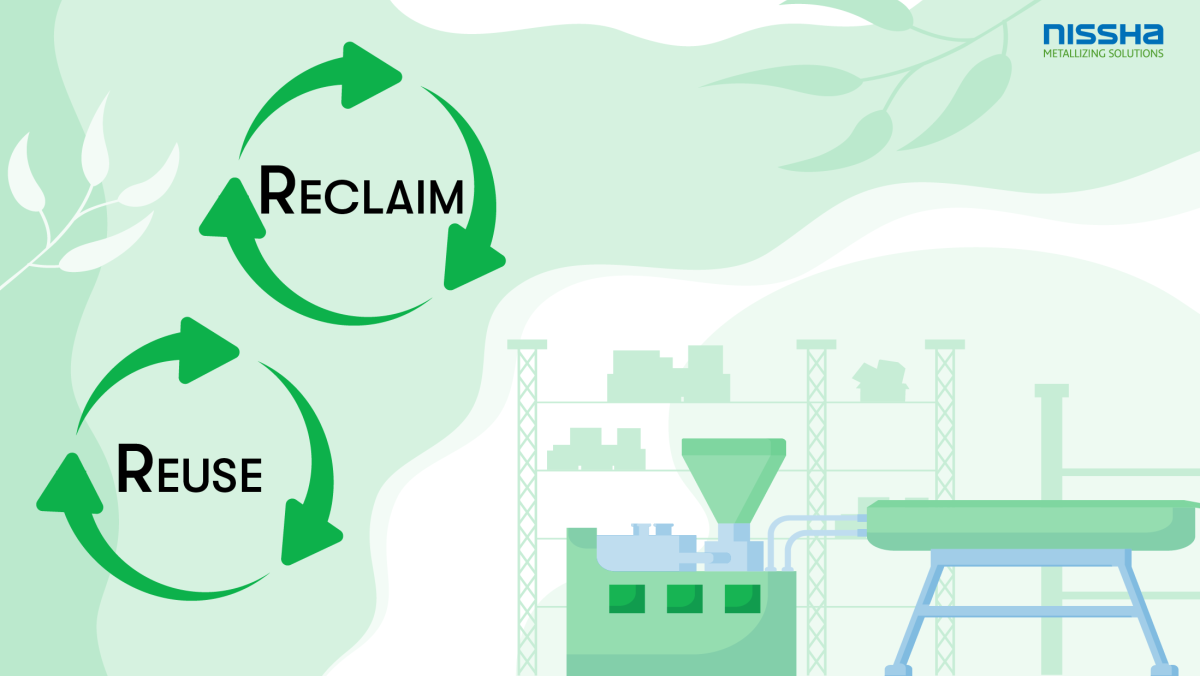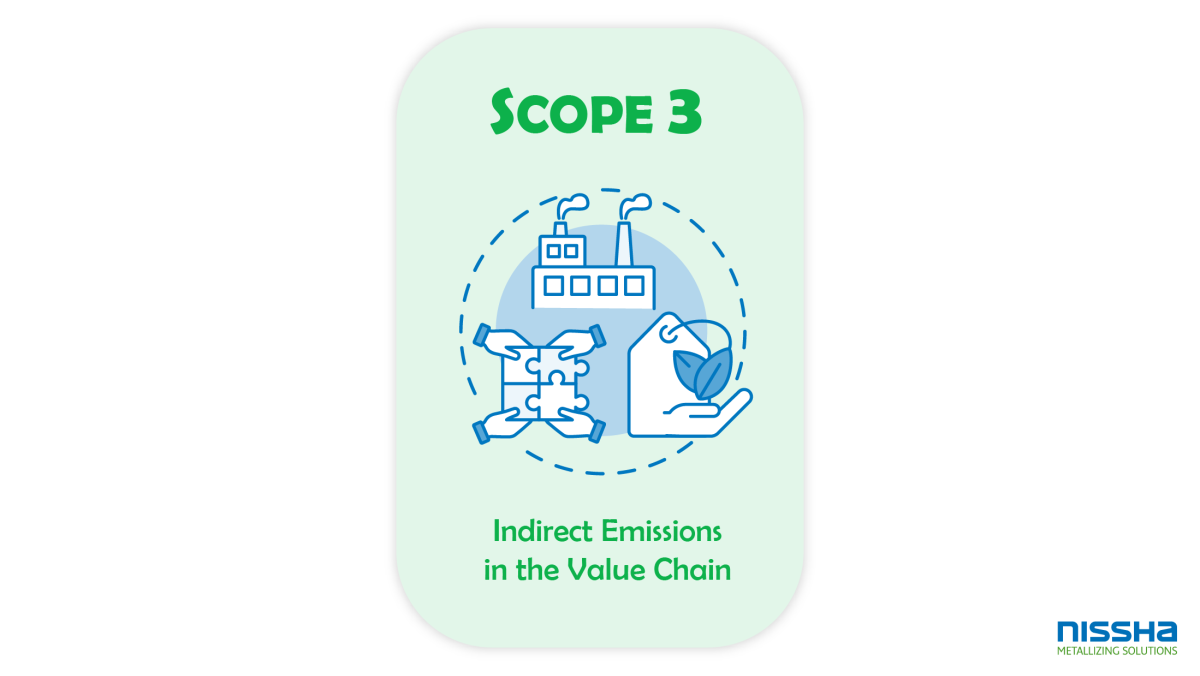4. Sustainable Change in Action
Episode 4: Embracing the Circular Economy: Reducing Waste and Maximizing Resources
As we continue our sustainability mini-series, this fourth edition delves into how Nissha Metallizing Solutions (NMS) is integrating circular economy principles into our operations. The circular economy is a transformative approach that aims to minimize waste and maximize resource efficiency, and it’s a key component of our sustainability strategy.
The circular economy challenges the traditional linear model of "take, make, dispose" by advocating for a closed-loop system where materials and products are reused, recycled, and regenerated.

One of our flagship initiatives in sustainability is the continuous improvement of recycling programs across our global operations. We focus on:
Paper Recycling: Nearly 100% of our wastepaper is recycled by dedicated paper mills
Cardboard Recycling: All packaging cardboard is repurposed to produce new cardboard cores
Solvent Recovery: In Italy, for example, we recover an impressive 95% of the Ethyl Acetate used in production
This effort is part of a broader initiative to increase the use of secondary raw materials in our production processes. To this end, we are conducting trials with recycled paper products, further pushing the boundaries of sustainability in our operations.
By prioritizing innovation and continuous improvement, we are setting new benchmarks for environmental responsibility, yielding impressive results. Our commitment is reflected in a remarkable total recyclability rate of nearly 95% across our entire group.
At Nissha Metallizing Solutions, we recognize the importance of embracing the circular economy. This approach is about more than just recycling—it’s about rethinking how we use resources throughout every stage of the product lifecycle. By prioritizing sustainable design and maximizing resource efficiency, we are not only reducing our environmental footprint but also fostering innovation and building resilience across our operations.
Additionally, we conduct thorough Life Cycle Assessments (LCA) for our products. These assessments allow us to evaluate the environmental impact of our products from cradle to grave. At our Italian site, for example, LCA findings have guided significant reductions in the carbon footprint of certain product lines through optimized material use and energy consumption. This systematic approach ensures that sustainability is embedded in every step of our production process.

We are also committed to reducing Scope 3 emissions, which encompass indirect emissions across our entire supply chain. This includes emissions from raw material production, transportation, and waste management. By working closely with our suppliers and partners, we identify opportunities to reduce emissions throughout the value chain. In the U.S., for instance, we’ve collaborated with logistics providers to optimize transportation routes, significantly reducing fuel consumption and associated emissions.
Our commitment to the circular economy extends beyond our internal operations. We actively engage with customers to promote sustainable practices, offering guidance on recycling and collaborating on initiatives that encourage the use of eco-friendly materials.
By embracing the circular economy, NMS is not only reducing its environmental impact but also fostering innovation and efficiency in its operations. This approach ensures that we contribute to a sustainable future where resources are used responsibly, and waste is minimized.
In our next article, we’ll discuss how our commitment to transparency is reflected in our ESG reporting and digitalization efforts.